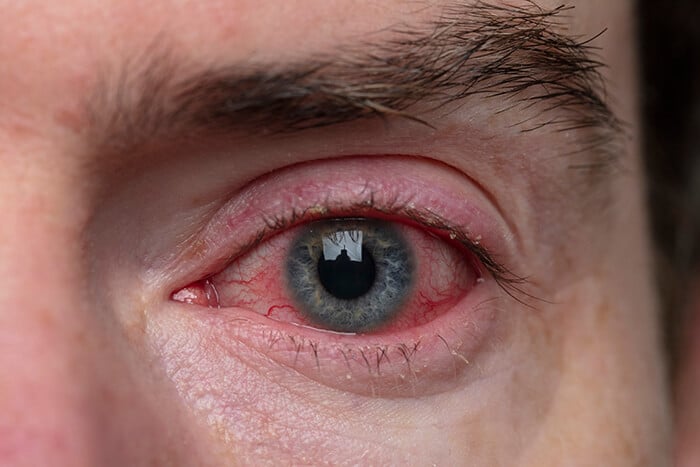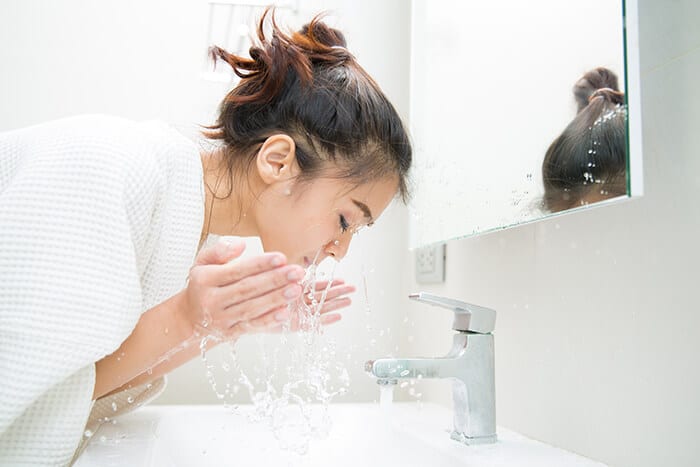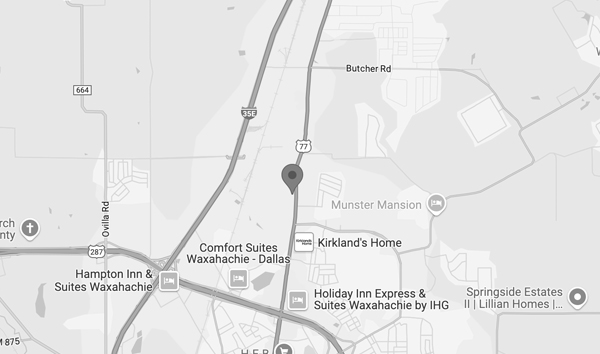Blepharitis
Blepharitis
Are you experiencing red, swollen, or itchy eyelids? You may be suffering from blepharitis, a common and often chronic condition that affects the eyelids. At All Eye Care, P.A., we offer specialized blepharitis care to help alleviate symptoms, improve eyelid health, and enhance your overall eye comfort. Led by Dr. Rugwani, our compassionate team is here to provide comprehensive solutions tailored to your unique needs.
Understanding Blepharitis: Overview, Types, and Symptoms
Blepharitis is a common inflammatory condition that affects the eyelids, specifically the eyelid margins where the eyelashes are located. It can occur in various forms, including anterior blepharitis (affecting the outside front edge of the eyelids) and posterior blepharitis (affecting the inner edge of the eyelids near the eye).

Types
Blepharitis can be classified into different types based on the underlying cause or contributing factors:
- Anterior Blepharitis: Anterior blepharitis is often associated with bacterial overgrowth (e.g., Staphylococcus bacteria), dandruff-like scales at the base of the eyelashes (seborrheic blepharitis), or allergic reactions to cosmetics or environmental allergens.
- Posterior Blepharitis: Posterior blepharitis, also known as meibomian gland dysfunction (MGD), occurs when the oil-producing glands along the eyelid margins become blocked or inflamed, leading to decreased oil secretion and instability of the tear film.
Symptoms
Common symptoms of blepharitis may include:
- Redness and swelling of the eyelids
- Itching or burning sensation
- Crusty or sticky eyelids, especially upon waking
- Excessive tearing or dry eyes
- Sensitivity to light
- Blurred or fluctuating vision

Blepharitis Care and Treatments
Eyelid Hygiene: Proper eyelid hygiene is essential for managing blepharitis and preventing flare-ups. This may include:
- Warm compresses: Applying warm compresses to the eyelids can help soften hardened oil secretions, open clogged glands, and alleviate symptoms.
- Lid scrubs: Using gentle eyelid cleansers or baby shampoo diluted with warm water to clean the eyelid margins can help remove debris, bacteria, and excess oil.
Topical Treatments: In cases of anterior blepharitis, topical antibiotic ointments or steroid eye drops may be prescribed to reduce inflammation and control bacterial overgrowth.
Meibomian Gland Expression: For posterior blepharitis or meibomian gland dysfunction (MGD), in-office procedures such as meibomian gland expression may be recommended to clear blocked glands and improve oil flow.
Nutritional Supplements: Omega-3 fatty acids, such as those found in fish oil supplements, may help reduce inflammation and improve the quality of meibum (oil) produced by the meibomian glands, thereby alleviating symptoms of blepharitis.
Environmental Modifications: Avoiding environmental triggers such as smoke, allergens, and harsh chemicals can help reduce irritation and inflammation of the eyelids in individuals with allergic or irritant-related blepharitis.
Frequently Asked Questions about Blepharitis Care
At All Eye Care, P.A., we’re dedicated to providing compassionate and effective blepharitis care to help you find relief from discomfort and improve eyelid health. Schedule your appointment with Dr. Rugwani today and take the first step toward restoring comfort to your eyes.

